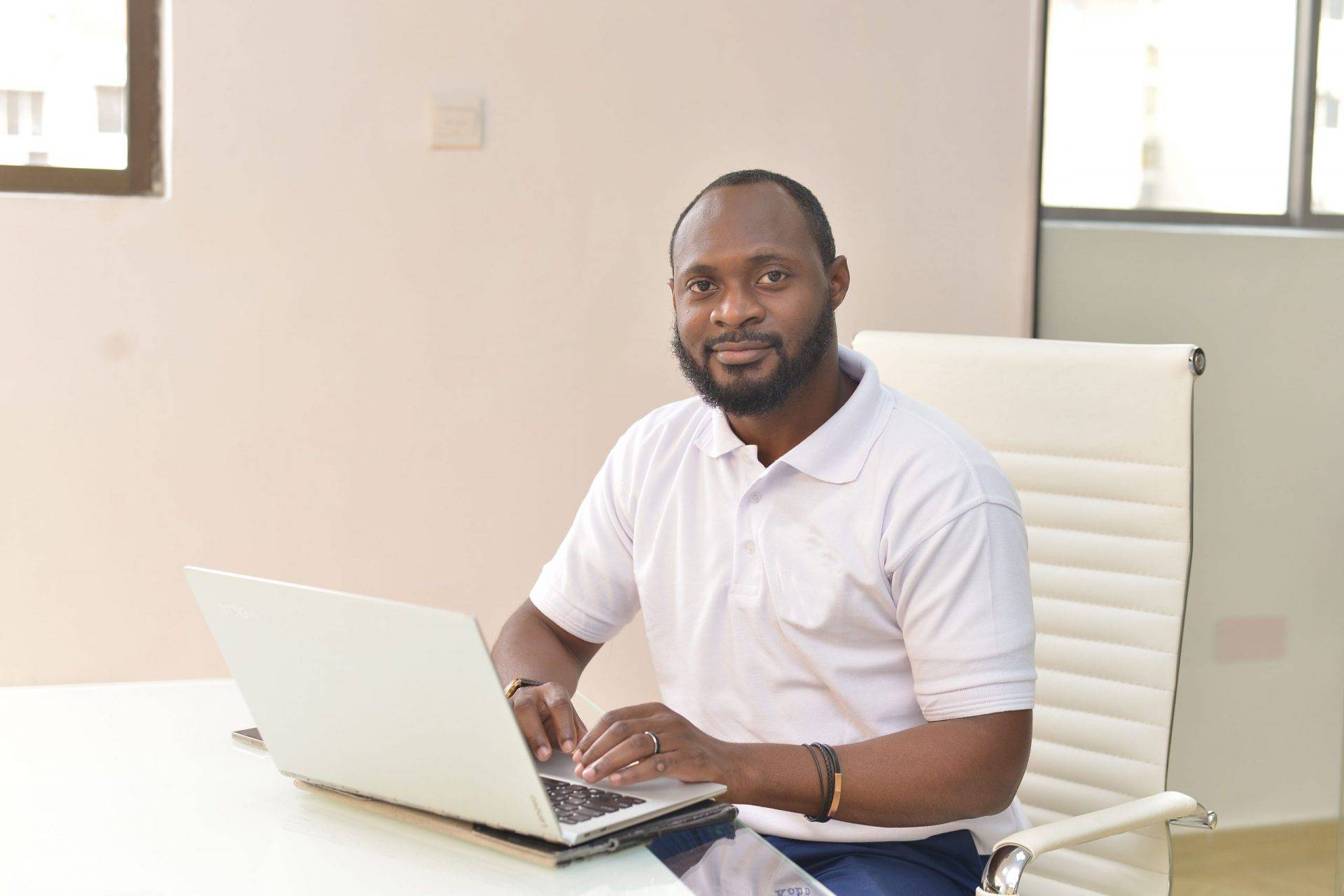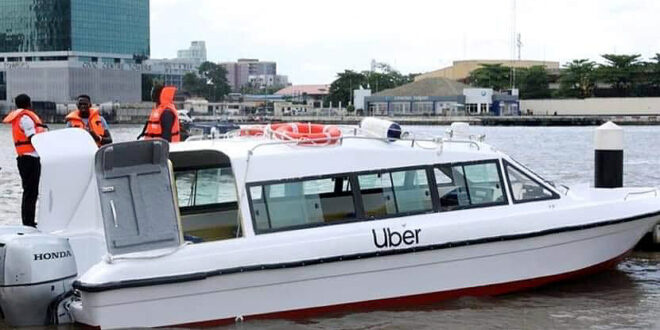A Founder Who Is Already Moving Trucks On Water Finds Untapped Opportunity In Lagos Waterways

“We have a small land space in Lagos to move over 10 percent of this country’s population.”
Those were the words of Babajide Olusola Sanwo-Olu, the Governor of Nigeria’s most-populated state in Nigeria, at last week’s UberBOAT launch.
Indeed, Lagos, Nigeria’s commercial nerve, is the smallest state in the country with a land area of just 3,345 square kilometres. Yet this relatively small state has more people in it (21 million) than any other state in Nigeria. It’s more than double the population of places like New York and London.
The population explosion in Lagos is down to a number of factors that rotate from the economic to the downright sentimental. And the city’s infrastructure, especially with respect to mobility, is simply abysmal.
Long story short, Lagos is basically a small place with too many people in it. That’s pretty much what makes the somewhat straightforward task of getting from Point A to Point B almost impossible at times.
The city is notorious for its dreaded traffic jams which can keep one on exactly the same spot for five straight hours on a really bad day. Lagos roads can be a real commute nightmare. And the deplorable state of some of the city’s roads is a matter for another day.
And that’s why taxi-hailing platforms are beginning to explore another element of the city — the waterways that surround and crisscross parts of Lagos. With Lagos roads seemingly perpetually congested, the waterways offer an out, serving up shortcuts and faster commutes.
Ife Oyedele II, Co-Founder of Kobo360; a tech-enabled logistics platform with operations in the trucking space in Nigeria and other parts of Africa, is convinced that there is merit in towing the aquatic line.
“Lagos is home to about 24.1 million people, one of the busiest and most congested cities in the world,” Oyedele II told WeeTracker.
“Commuters typically spend on average four to six hours or more on the road daily, which is why we’re now seeing an array of taxi services entering the market, most especially motorbike hailing services. Lagos is a city surrounded by water, so there is a need to fully harness the potentials of water transportation.”
A few months back, GoKada; a bike-hailing platform, dabbled into boat-hailing. GBoat, as it was called, was offering quick ferries from one end of Lagos to another in its pilot phase for just NGN 200, though it’s unclear whether the service is still available.
Last week, Uber flagged off the pilot phase of its boat service in Lagos, called UberBOAT, in conjunction with the Lagos State Waterways Authority (LASWA).
Through the boat service, it offers users the option of booking rides in advance via the Uber app at a flat rate of NGN 500. The boats are expected to sail between Ikorodu Ferry Terminal on the mainland and Five Cowries Terminal on the island four times a day and only on weekdays.

Source: African Courier
Through this, Uber is looking to spread its dominance in the tech-enabled transport/mobility space in Lagos by creating further value. And Oyedele II considers this a good idea.
“Seeing Uber launching UberBOAT in Lagos is an opportunity worth tapping into. Private individuals have been using boat services to avoid Lagos traffic for some time now. It’s good to know that Uber has opened it up for the masses. They’ve identified a challenge and have worked hard to solve this challenge using logistics and technology.”
The Kobo360 Co-Founder also added that his company is, indeed, already making the most of the waterways in Lagos for some of its operations that are, at times, hampered by the city’s traffic problems.
“At Kobo360, we have built a reputation for delighting our customers and improving the working lives of the drivers on our platform. The congestion at Apapa Ports has been a road-block at times. In order to provide the services we are known for, we’ve started moving goods via sea barges, for example, from Ikorodu to Apapa.”
Oyedele II said there is need for further collaboration between stakeholders to fully harness the transportation potential of the waterways in and around Lagos. He also tasked the government to play an important role.
“We need more Public-Private Partnership initiatives to encourage investors to develop water infrastructure. Additionally, promoting the use of technology would ensure safe and efficient deployment of the water transportation system; similar to how tech is powering road-based transport and logistics. In addition, the government should set up harbor patrols to provide safety measures.”